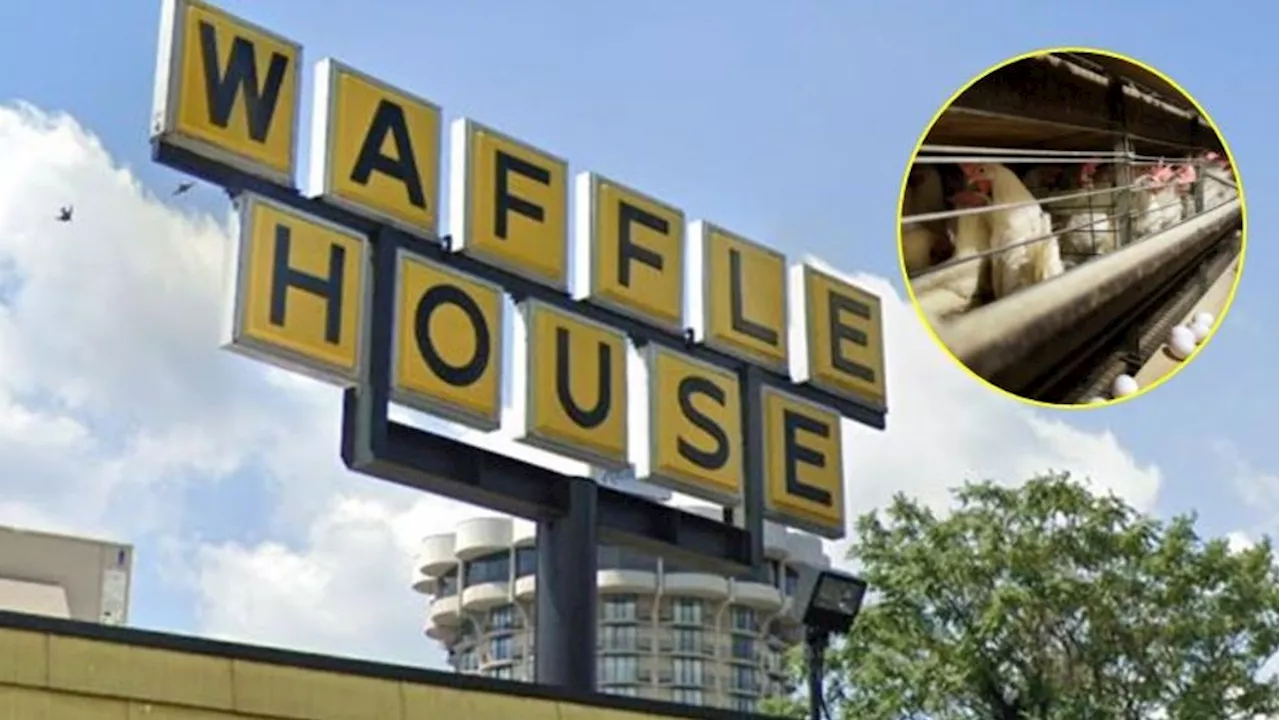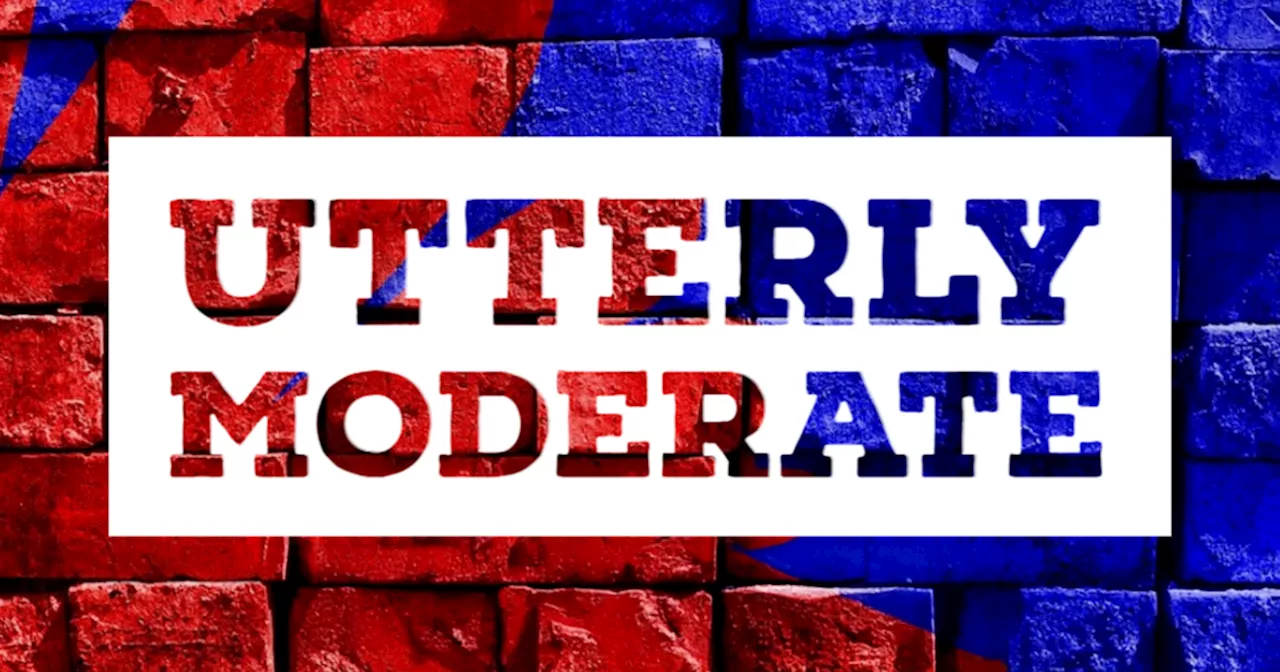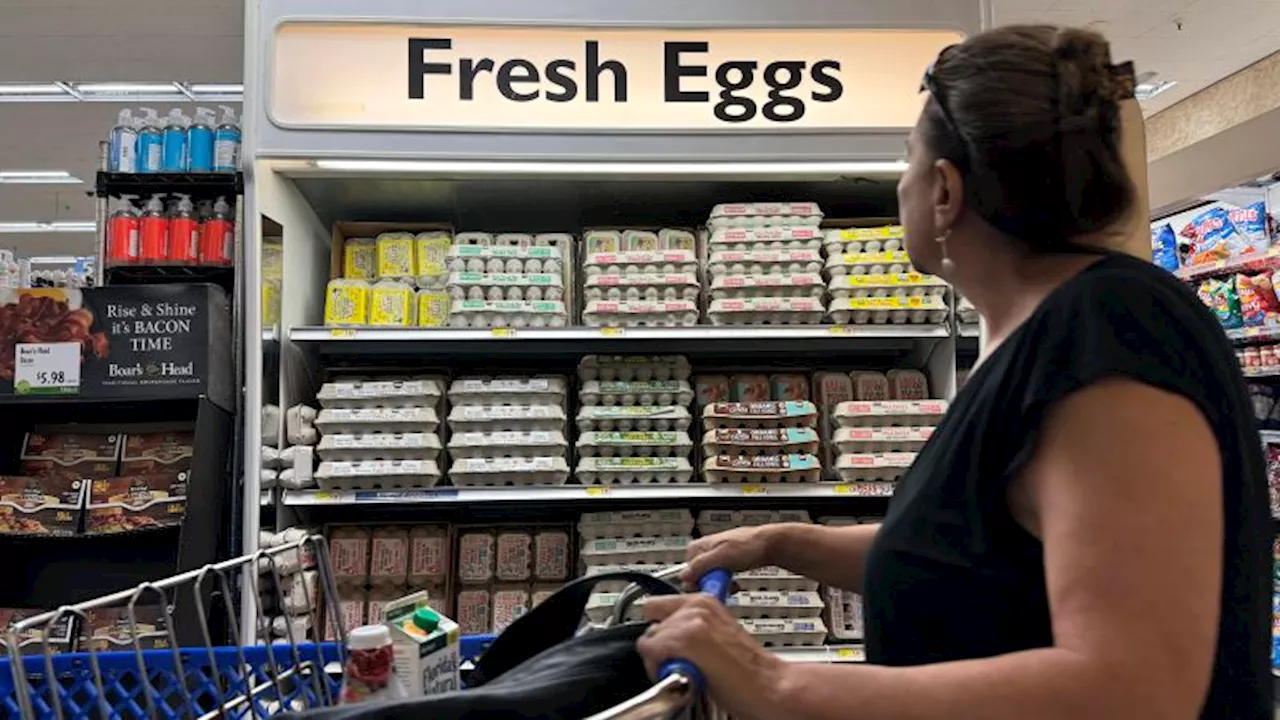The soaring price of eggs has gripped America, with everyone from politicians to consumers pointing fingers. The culprit: highly pathogenic avian influenza (bird flu), which has decimated egg-laying flocks. This news piece explores the multifaceted crisis, examining the blame game, the economic impact, and the potential solutions, including the controversial topic of vaccination.
The soaring price of eggs has alarmed consumers and the agriculture industry, and practically everyone in Washington is pointing fingers in various directions to direct blame. It’s hard to lay America’s egg crisis at the feet of any one politician. But agricultural experts say politicians in Washington and around the country can do more to help curtail the highly pathogenic avian influenza, or avian flu, responsible for the deaths of more than 40 million egg-laying birds last year.
Because of short supply, egg prices rose 13% from November to December alone, and they are projected to rise another 20% this year, according to the US Department of Agriculture. Grocery stores across the country are limiting egg purchases, Waffle House announced a 50-cent surcharge per egg, and New York Governor Kathy Hochul announced the shutdown of all live poultry markets in the state through February 14 to try to contain the spread. “This is significant. This is having a big impact on the farmer, on the consumer throughout the country. Everybody’s feeling this,” said Bernt Nelson, an economist at the American Farm Bureau Federation, or AFBF. Industry leaders including the American Egg Board are calling for a “comprehensive response” to the virus to stop the spread and stop prices from rising. The potential solutions, however, are contentious and expensive, and there’s no broad agreement about how to move forward. The blame game Instead, many politicians have used rising egg prices to turn the opposing party into a punching bag. For example, some Democrats in Congress were quick to criticize President Donald Trump’s chaotic agenda by noting that his actions to dismantle various aspects of the federal government will do nothing to lower the price of eggs. Trump also campaigned on the promise to lower grocery prices for Americans. “When I win, I will immediately bring down prices, starting day one,” he said on the campaign trail. Last week, pushing back, White House press secretary Karoline Leavitt said egg prices have continued to surge because “the Biden administration and the Department of Agriculture directed the mass killing of more than 100 million chickens, which has led to a lack of chicken supply in this country, therefore lack of egg supply, which is leading to the shortage.” That’s not exactly correct. Yes, the highly contagious virus is to blame for the deaths of 130 million birds during the Biden administration since 2022, according to the American Farm Bureau Federation. But that is because the USDA requires the culling of entire flocks to stop the spread if the virus is detected. It happened during the Biden administration and is happening right now under the Trump administration. One hundred thousand ducks were culled between January 20 and January 23 at Crescent Duck Farm in Aquebogue, New York, after the virus was detected there. “There is nothing Biden could have done to stop the bird flu. There is nothing President Trump could have done to stop the bird flu – it’s neither of their faults,” said egg producer Frank Hilliker, who owns Hilliker Farms in Lakeside, California. The reality is, farmers are contending with an incredibly contagious virus. It can take nine months to repopulate a flock of egg laying birds, which is why prices will remain high this year. But there are steps the federal government could take to try to protect flocks and eventually help bring down prices. Beyond eggs Doug Corwin, who owns Crescent Duck Farm in Aquebogue, says the biosecurity on his farm was “pretty tight.” Yet the virus still ripped through his flock, and it was culled. He says the USDA will compensate him for the loss of his birds but will probably cover only a third of what they’re worth. He estimates he lost $1.5 million worth of birds. His ducks are sold as meat to restaurants around the region. Corwin believes the only way to truly stop the virus is to vaccinate commercial flocks that produce eggs and are used for meat. “We have to have some realism in terms of vaccine policy. We’ve got a strong boastful president. We’ve got to say, hey, this is something that we have to deal with,” said Corwin. Vaccines among bird populations have been controversial because if a country starts vaccinating its birds, the virus is seen as endemic, and that can have trade implications, said Nelson of the AFBF. The US is the world’s largest poultry producer and second largest exporter of poultry meat. It is also a top global egg producer, according to the USDA. “Other countries will not allow poultry from that country to be imported. And so that causes some tension, and that’s really the biggest reason why we don’t see a lot of any countries in general using these vaccines,” said Nelson. The impact at Corwin’s farm shows how the virus has moved beyond just affecting the price of egg
AVIAN FLU EGG PRICES FARMING USDA POLITICS FOOD SECURITY
United States Latest News, United States Headlines
Similar News:You can also read news stories similar to this one that we have collected from other news sources.
 Waffle House Adds 50-Cent Egg Surcharge Amid Bird Flu-Driven Egg Price CrisisWaffle House is battling rising egg costs caused by the bird flu by adding a 50-cent surcharge to all egg menu items.
Waffle House Adds 50-Cent Egg Surcharge Amid Bird Flu-Driven Egg Price CrisisWaffle House is battling rising egg costs caused by the bird flu by adding a 50-cent surcharge to all egg menu items.
Read more »
 Nolte: ‘Captain America’ Star Tells Europe Captain America Shouldn’t Represent AmericaSource of breaking news and analysis, insightful commentary and original reporting, curated and written specifically for the new generation of independent and conservative thinkers.
Nolte: ‘Captain America’ Star Tells Europe Captain America Shouldn’t Represent AmericaSource of breaking news and analysis, insightful commentary and original reporting, curated and written specifically for the new generation of independent and conservative thinkers.
Read more »
 America's Growing Divide: Red America vs. Blue AmericaPolitical theorist Robert Talisse joins Utterly Moderate to discuss the increasing polarization in America, where liberals and conservatives inhabit vastly different social realities, shaped by their political affiliations. From neighborhoods and consumer choices to language and even dietary preferences, the 'red' and 'blue' divide extends far beyond political stances.
America's Growing Divide: Red America vs. Blue AmericaPolitical theorist Robert Talisse joins Utterly Moderate to discuss the increasing polarization in America, where liberals and conservatives inhabit vastly different social realities, shaped by their political affiliations. From neighborhoods and consumer choices to language and even dietary preferences, the 'red' and 'blue' divide extends far beyond political stances.
Read more »
 Total egg-citement: The Big Bear bald eagles' first egg of 2025 has arrivedJackie began to 'tea kettle' in the late afternoon of Jan. 22, signaling an egg was on the way.
Total egg-citement: The Big Bear bald eagles' first egg of 2025 has arrivedJackie began to 'tea kettle' in the late afternoon of Jan. 22, signaling an egg was on the way.
Read more »
 Egg-spensive Times: Colorado Grapples with Soaring Egg PricesColorado residents are facing empty egg shelves and steep price increases due to a perfect storm of avian influenza outbreaks and a state-mandated cage-free egg law. This is impacting grocery stores across the state, forcing them to implement purchase limits and grapple with supply chain disruptions.
Egg-spensive Times: Colorado Grapples with Soaring Egg PricesColorado residents are facing empty egg shelves and steep price increases due to a perfect storm of avian influenza outbreaks and a state-mandated cage-free egg law. This is impacting grocery stores across the state, forcing them to implement purchase limits and grapple with supply chain disruptions.
Read more »
 Celebrity Chef Recommends Exploring Non-Egg Breakfasts Amid High Egg PricesCelebrity chef Andrew Zimmern suggests looking to foreign breakfast menus for inspiration and recommends swapping out the traditional American egg-heavy breakfast for alternatives found in cultures that don't rely on eggs as a staple. He cites Japan and Italy as examples, highlighting their focus on grilled fish, rice, pickles, soup, meat, cheese, and toast. While acknowledging the rising cost of plant-based egg substitutes, Zimmern believes exploring egg-less diets can alleviate pressure on the egg market.
Celebrity Chef Recommends Exploring Non-Egg Breakfasts Amid High Egg PricesCelebrity chef Andrew Zimmern suggests looking to foreign breakfast menus for inspiration and recommends swapping out the traditional American egg-heavy breakfast for alternatives found in cultures that don't rely on eggs as a staple. He cites Japan and Italy as examples, highlighting their focus on grilled fish, rice, pickles, soup, meat, cheese, and toast. While acknowledging the rising cost of plant-based egg substitutes, Zimmern believes exploring egg-less diets can alleviate pressure on the egg market.
Read more »
